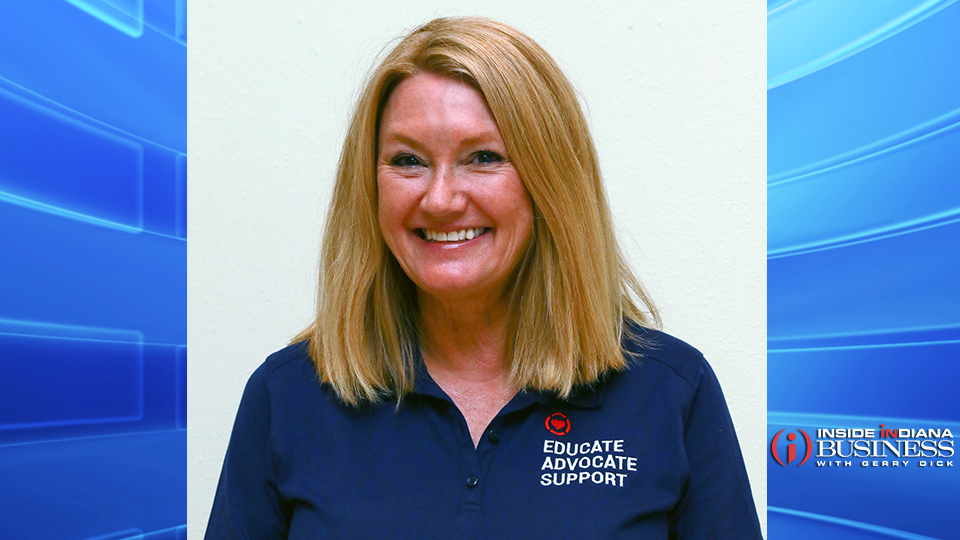Recognizing the importance of youth substance use prevention
Subscriber Benefit
As a subscriber you can listen to articles at work, in the car, or while you work out. Subscribe Now
By the time they’re in 12th grade, 46.6% of teens have tried illicit drugs. Raising awareness about the challenges of substance use, especially among young people, is key to building healthier, more resilient communities.
A 2020 National Survey on Drug Use and Health conducted by SAMHSA found 8.2% of adolescents aged 12 to 17 drank alcohol in the past month, and 13.8% of adolescents aged 12 to 17 used illicit drugs in the past year. There is a critical need for early intervention, education and community involvement to prevent substance use disorders before they begin, especially during adolescence.
The importance of education, peer support and open communication as ways to prevent the onset of substance use cannot be understated. Schools, parents, community leaders and prevention advocates are encouraged to participate in activities that provide young people with knowledge about the risks associated with substance use, how to seek help if needed and how to support peers who may be struggling.
Almost a decade ago, Overdose Lifeline developed a first-of-its-kind youth prevention program called “This is Not About Drugs.” The opioid-centric program has been used in more than 35 states, and more than 100,000 students have participated nationwide.
To continue reshaping the way teenagers receive substance use education, we created “Perspectives,” an online, self-guided youth prevention program which includes interviews from young adults who have experienced addiction, and subject matter experts who provide the scientific links to learning objectives.
Combating youth substance use involves a combination of education, communication and strong support networks. Schools can implement prevention programs to teach teens about the risks and parents and caregivers can foster open conversations and provide guidance. Community organizations and peer support groups also offer valuable resources.
Education, communication and community are powerful tools. This serves as a national call to action, inviting communities across the country to engage in activities that raise awareness and deepen understanding of the complex challenges surrounding substance use. Together, we can equip young people with the knowledge, support and resources they need to make healthier, informed decisions.
